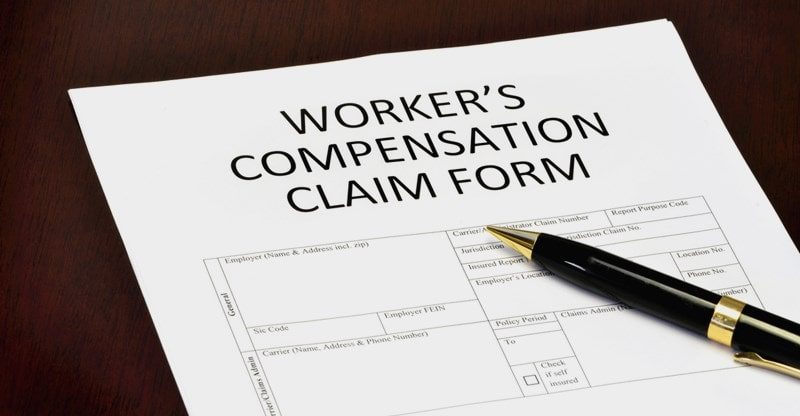Is There A Cap On Workers’ Comp Settlements?
There is no cap on a workers’ comp settlement because there is no cap on potential pain and suffering. Now while this is true, if you break a finger at work and don’t have to miss any time and it heals fine, you are not going to get a multimillion-dollar settlement.
The two main factors in the amount you receive from a workers comp settlement are: a) how severe your injury was and how it might affect the rest of your life and b) how well your lawyer can prove the liability of your employer and fight to get you the money you deserve.
Workers’ Comp Is Not Winning the Lottery
Workers’ compensation exists to protect employees as well as employers in the case of an accident in the workplace. It is there to make sure that if you suffer an injury, you don’t suffer an unbearable financial burden and that your employer isn’t forced out of business if the costs of your injury are too high for them to pay.
There may be no cap on workers’ comp settlements, but you should receive money that is proportional to your injury. You don’t take a workers’ comp payment and then retire to a beach. The money you receive is for:
• Medical bills
• Future costs related to your injury (medication, physical therapy, more procedures)
• Covering for lost pay due to time missed from work
• Covering for other potential lost income
• Permanent damages
• Pain and suffering
While you aren’t going to receive a settlement that makes you rich, the amount you receive should be enough to cover these expenses, which for a severe injury is going to be quite a high figure. If you get hurt in a workplace accident, schedule a free consultation with a personal injury attorney to make sure you get the money to which you are entitled.
Should I Settle or Go to Court?
This is one of the biggest questions you may have when filing a workers’ compensation claim. The best way to decide how to proceed is to talk over all of your options with a qualified attorney who has experience in personal injury cases.
Generally, though, settling is better than going to trial. Going to trial is always risky. An offer from an insurance company is guaranteed money, but in the courtroom, a judge could come down on the side of your employer.
If that were to happen, you could be left with nothing but a stack of unpaid medical bills. However, there are some situations in which your attorney might advise you to take your case to trial. If the settlement offer from the insurance company is too low and they refuse to budge, and your lawyer feels your case is strong enough, they might suggest that going to trial is your best bet to get the money you deserve.
It might also be in your best interest to go to court if the settlement offer includes a clause signing away your right to pursue more money for unforeseen medical costs. Receiving a settlement that doesn’t factor in things like extra surgeries or treatment for an infection that results from a procedure made necessary by your injury can leave you out in the cold if you have no legal recourse to receive payment for this future medical care.
The upside, if you are not able to reach a settlement that works for you and you have to go to court, is that you could get a lot more money than you would from any offer that the insurance company might have made.
The injured party is not the only side that benefits from the safety of a settlement. The prospect of going to court for the insurer means the potential of having to cut a far larger check.
Both parties have the motivation to meet somewhere in the middle and cut their losses rather than go to trial. If you suffered severe injuries, then your lawyer could potentially get you a settlement in the multimillion-dollar range. This can happen if the insurance company runs the numbers and assesses the risk of court and determines that the chances are too high of paying double that amount if faced with a trial.



